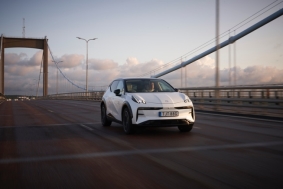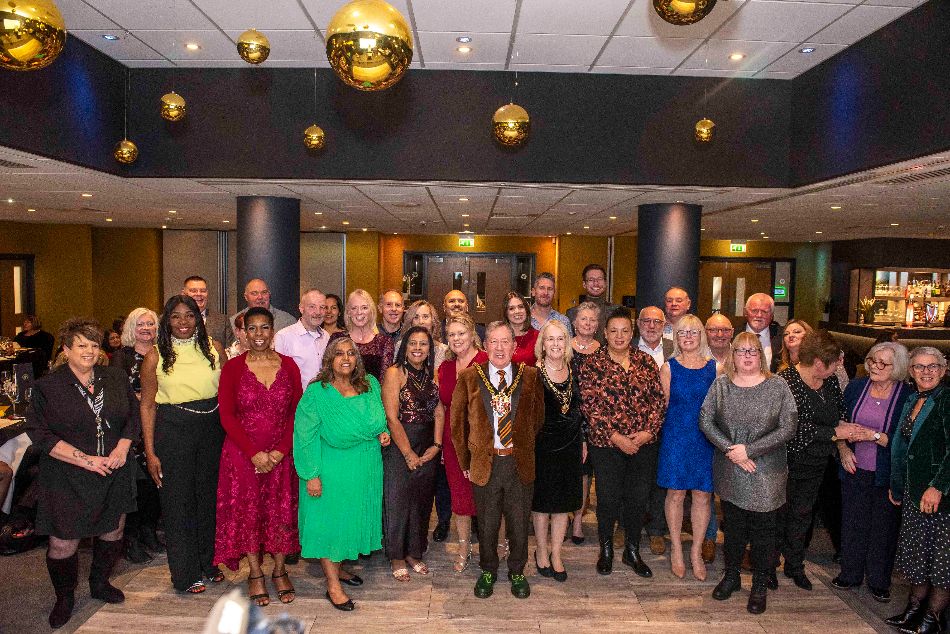One year on and the 300 schoolgirls kidnapped by a jihadist Boko Haram group in Nigeria remains a crime almost too horrifying to comprehend.
They were abducted in April last year, in Chibok, in north-eastern Nigeria, as the militants stormed the school, arriving in a convoy of trucks and buses and engaging in a gun battle with school security guards.
Then they forced the girls from their dormitories, loaded them into trucks and drove them into the forest. Most have never been seen since, except in a photograph in which they sat on the ground in a semi-circle, clad in Islamic dress.
Police said the militants kidnapped 276 girls in all, all though 50 managed to escape soon after they were abducted. It is feared that they may have been raped, brutalized, enslaved and forced to convert to Islam.
Hundreds of teenaged girls, just finishing school, destined for great achievement -- kidnapped, never to be seen again.
"This crime has rightly caused outrage both in Nigeria and across the world," said the country's newly-elected President, Muhammadu Buhari.
Malala Yousafzai, the 17-year-old Pakistani girl who was shot in the face for speaking out in favor of girls' education, sent a message to the kidnapped girls.
"I am one of the millions of people around the world who keep you and your families foremost in our thoughts and prayers," she wrote. "We cannot imagine the full extent of the horrors you have endured. But please know this: We will never forget you."
Boko Haram are opposed to Western education, particularly for girls.
















